- Who We Are
- Topics
- By Subject Area
- dummy
- By Level
- Projects
- Projects Column 1
- Agency by Design
- Aligned Programs for the 21st Century
- Artful Thinking
- Arts as Civic Commons
- Causal Learning Projects
- Center for Digital Thriving
- Citizen-Learners: A 21st Century Curriculum and Professional Development Framework
- Creando Comunidades de Indagación (Creating Communities of Inquiry)
- Creating Communities of Innovation
- Cultivating Creative & Civic Capacities
- Cultures of Thinking
- EcoLEARN Projects
- Educating with Digital Dilemmas
- Envisioning Innovation in Education
- Global Children
- Growing Up to Shape Our Place in the World
- Projects Column 2
- Higher Education in the 21st Century
- HipHopEX
- Humanities and the Liberal Arts Assessment (HULA)
- Idea Into Action
- Implementation of The Good Project Lesson Plans
- Inspiring Agents of Change
- Interdisciplinary & Global Studies
- Investigating Impacts of Educational Experiences
- JusticexDesign
- Leadership Education and Playful Pedagogy (LEaPP)
- Leading Learning that Matters
- Learning Innovations Laboratory
- Learning Outside-In
- Making Ethics Central to the College Experience
- Making Learning Visible
- Multiple Intelligences
- Navigating Workplace Changes
- Next Level Lab
- Projects Column 3
- Out of Eden Learn
- Pedagogy of Play
- Reimagining Digital Well-being
- Re-imagining Migration
- ROUNDS
- Signature Pedagogies in Global Education
- Talking With Artists Who Teach
- Teaching for Understanding
- The Good Project
- The Studio Thinking Project
- The World in DC
- Transformative Repair
- Visible Thinking
- Witness Tree: Ambassador for Life in a Changing Environment
- View All Projects
- Projects Column 1
- Resources
- Professional Development
Project Zero’s research considers civic agency as a multifaceted capability, a set of skills and dispositions to support one to participate in today’s interconnected world. When we support learners to be effective and reflective agents of positive social change, we expand their notions of the who, what, and where of civic engagement, and prepare them for deep engagement in their communities, and with critical problems facing our world, both offline and online.
BIG QUESTIONS
-
What is civic agency and how do we help young people develop it in today’s world?
-
How does the digital world present positive opportunities and risks for the development and enactment of civic agency?
-
What specific pedagogical/classroom moves can support the development of civic skills, inclinations, and agency among school-aged children?
-
How can we consider young children (as well as older students) as civic agents?
PZ PERSPECTIVES
-
Civic agency is multi-faceted and involves listening to diverse perspectives and imagining and advocating for a better world.
-
Digital and social media pose new civic opportunities (investigating issues, sharing one’s voice in creative ways, and mobilizing for change) and new challenges (news literacy, surveillance, and uncivil exchanges).
-
We can support civic agency among school-aged children by using specific pedagogical/classroom moves.
-
Young children (as well as older students) can be as civic agents if we give them opportunities.


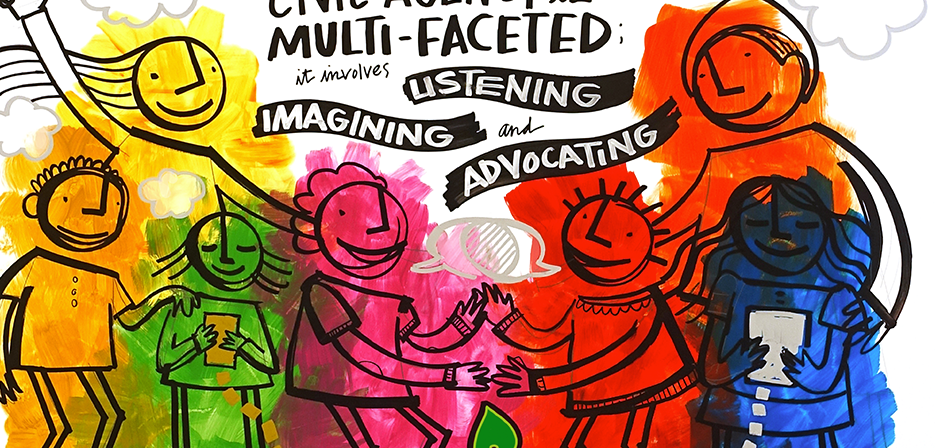
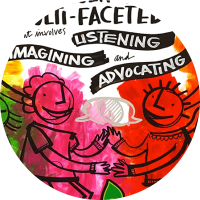
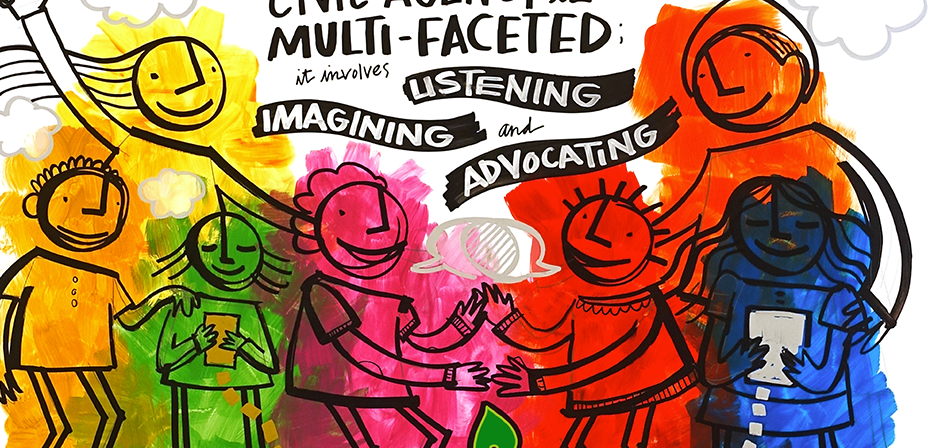
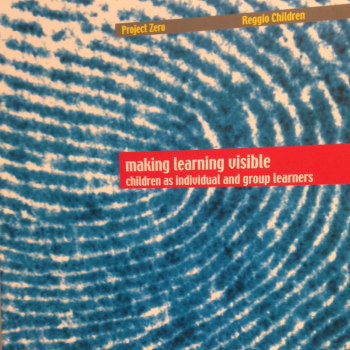
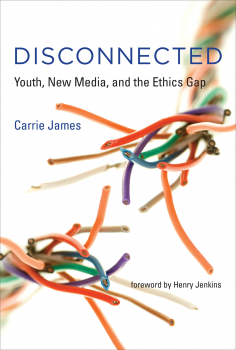
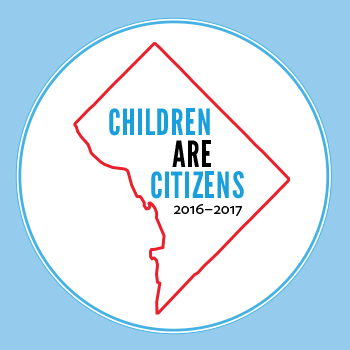
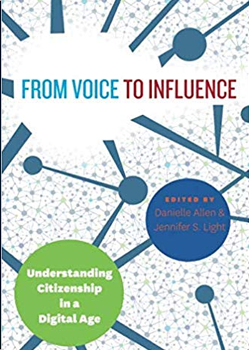
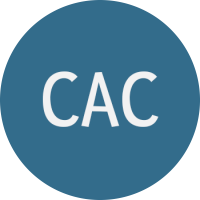

-
-
-
Support PZ's Reach